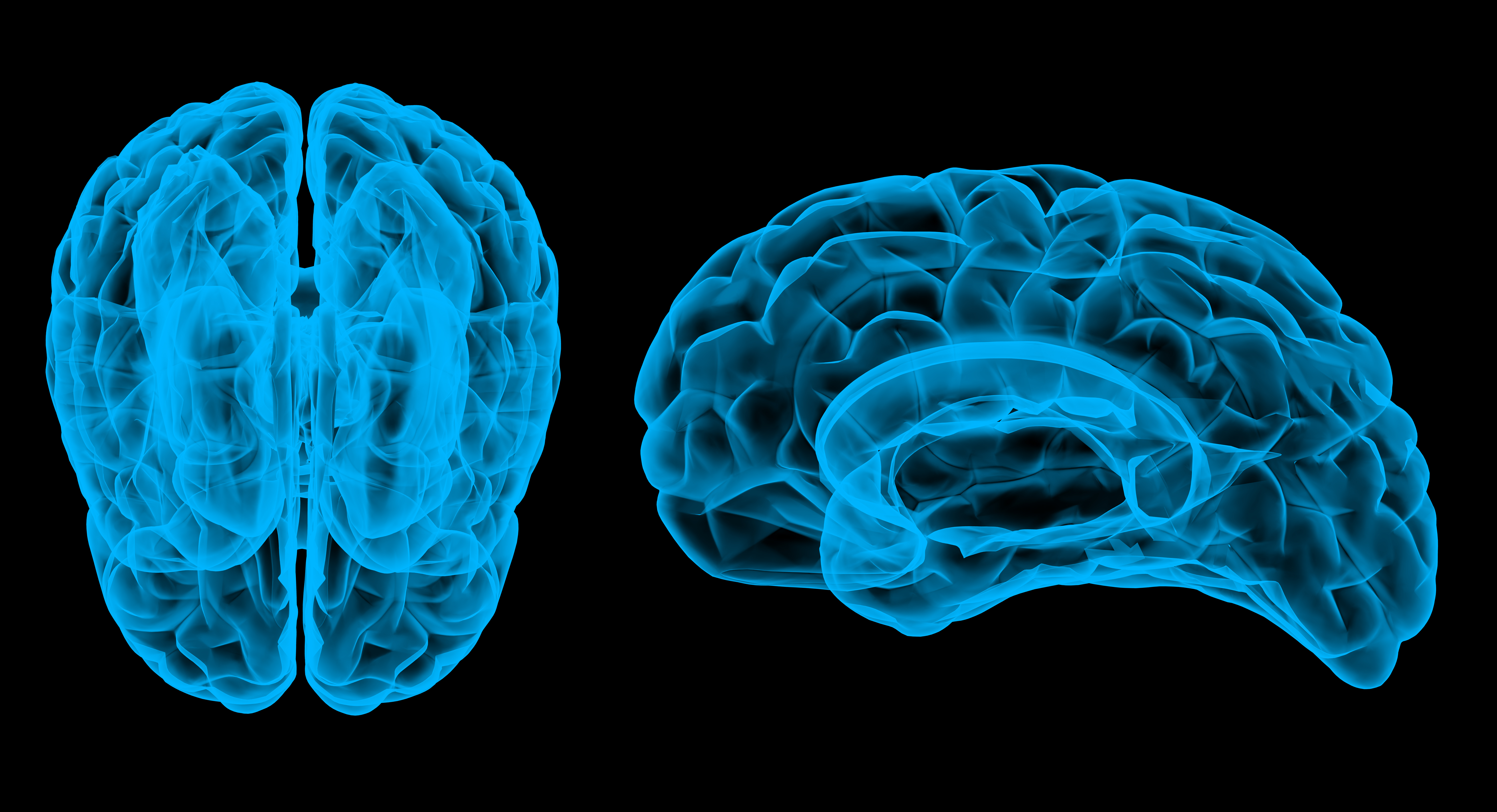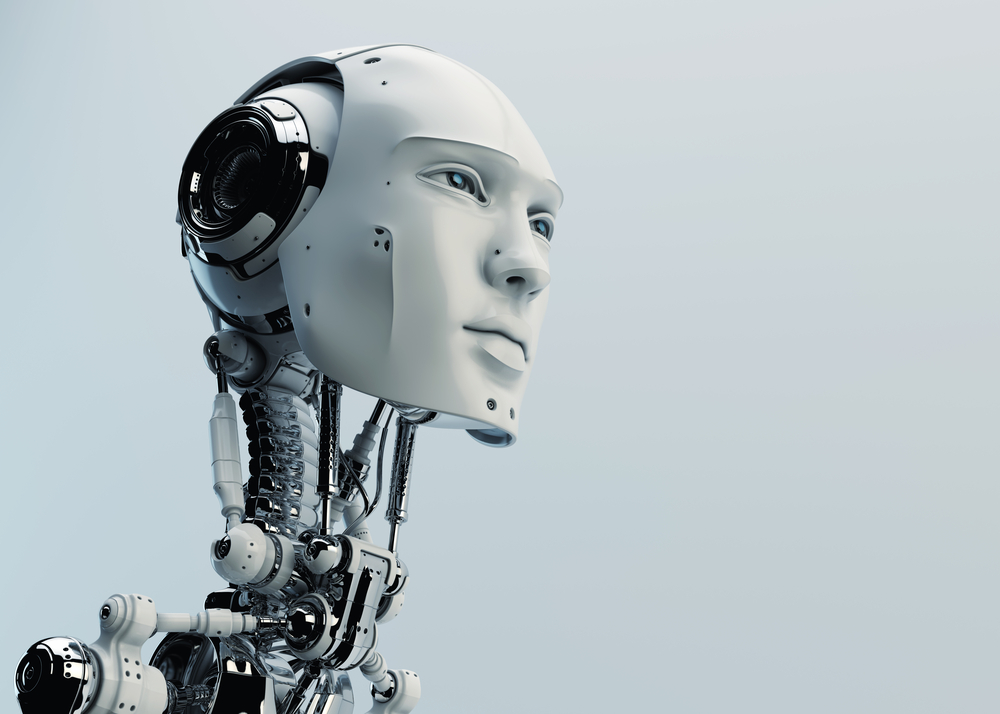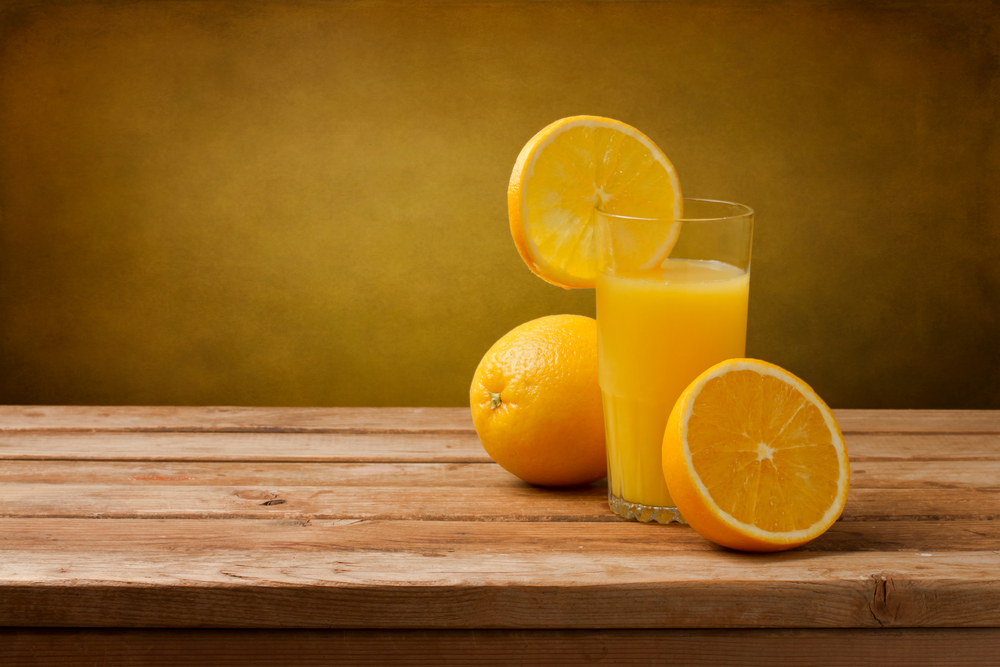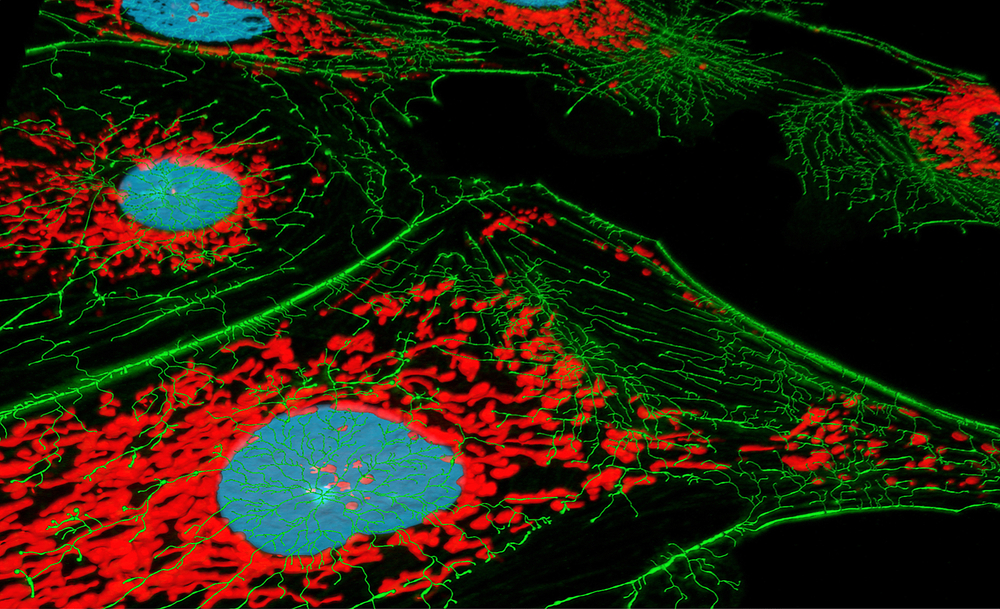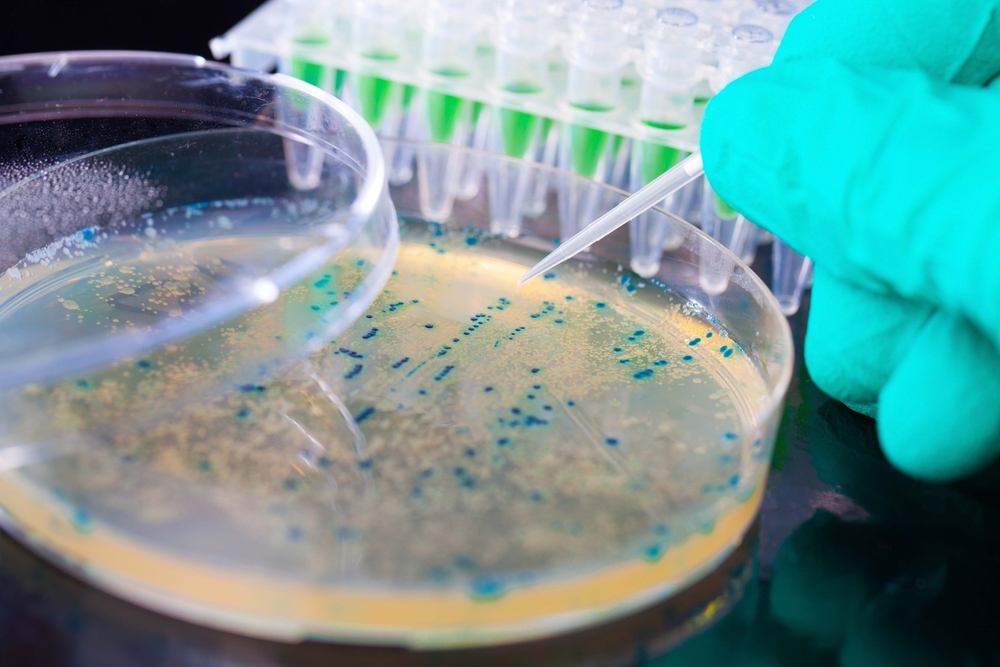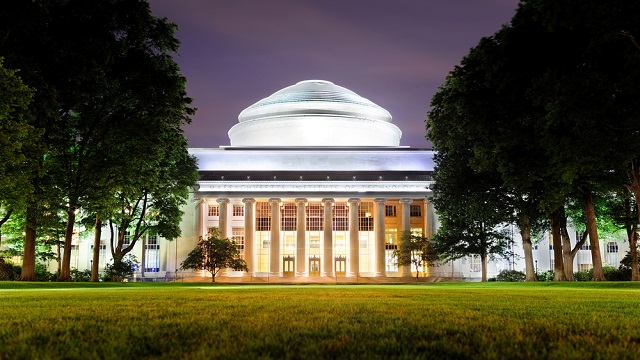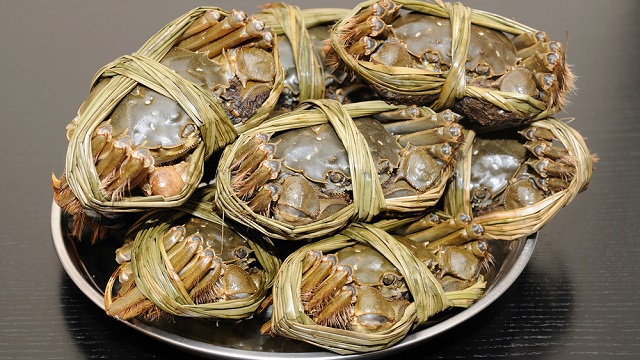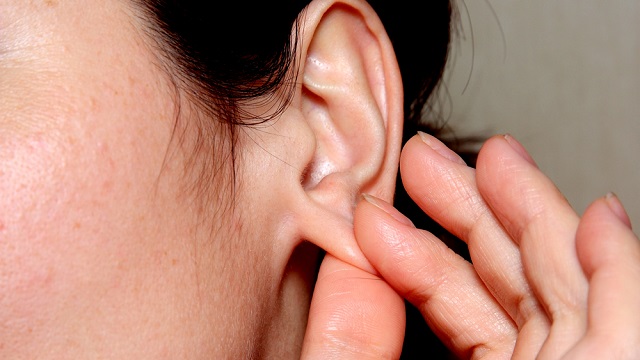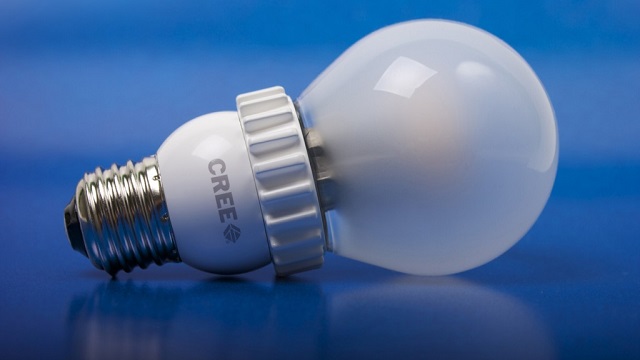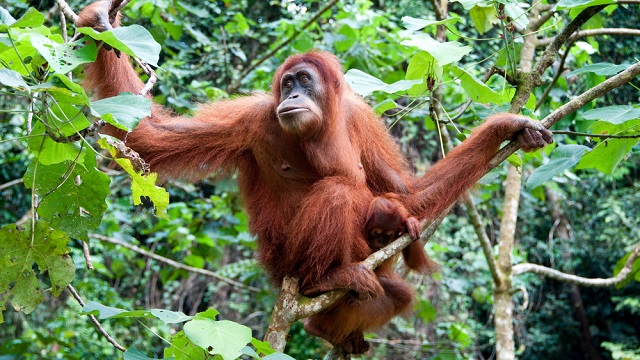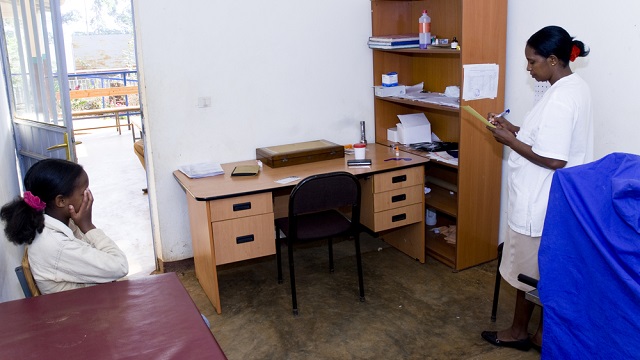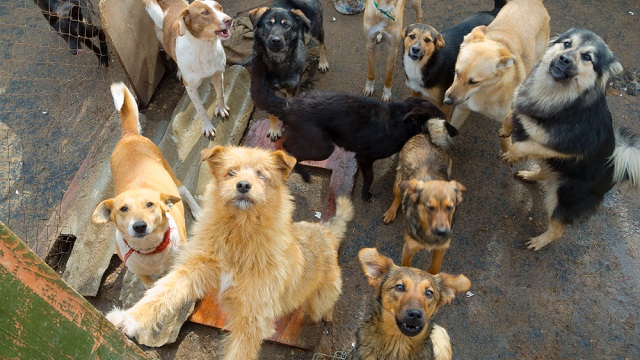Surprising Science
All Stories
Nitrous oxide makes up 38 percent of agriculture-based greenhouse gas emissions. Several new studies recommend wider development and production of a tropical “super grass” that binds nitrogen more effectively than other variations.
Now that the craft is officially in interstellar space, it should continue to send data back to Earth for another 12 years or so, barring any unforeseen complications. Understandably, scientists are excited.
Later this year, a project will arrive at the International Space Station containing all the materials needed to grow a special breed of lettuce for eventual on-board consumption.
Once they are approved for commercial airspace, drones and the technology they carry stand to benefit farmers in a big way. Experts call it “precision agriculture.”
Clean Lahore was created in response to a 2011 epidemic that sickened 20,000. Along with a dedicated public health campaign, the app helps officials monitor all efforts to stop the disease’s spread.
The power and agility of our brain was by no means necessary to hunt and kill animals, so why did the thinking organ become such an overachiever?
The public gains made by AI, such as beating chess champions and winning Jeopardy tournaments, have ironically also demonstrated its limits.
Thanks to its high concentration of antioxidants from flavonoids, orange juice has many potential positive effects when it comes to combatting cancer.
Milk does increase weight and length at birth, and there’s a possibility that this actually tracks into adult life.
The researchers suggest that the genes may also help establish left-right differences in the brain, which in turn influences handedness.
Being able to prompt this behaviour in the body could one day be used to repair ailing organs including the heart, liver, spinal cord and pancreas.
The E. coli could lie dormant in the gut, and activate only once its enemy makes an appearance.
Human tour guides need not worry…yet: Skycall is a proof-of-concept that allows lost visitors to summon help in the form of a small quadcopter.
This week, a street in the Chinese city of Hangzhou became home to a vending machine that stocks live crabs for 20 yuan (about US$3.27) apiece. The proprietor says it’s for hungry customers who come by after closing time.
In an attempt to reform telecommunications, the European Union Commission has suggested, among other things, removing all roaming charges by 2016 in order to provide “full and fair access” across all 28 member nations.
New research demonstrates that infants as young as eight months old understand that if an object is moving and appears to be in control of its movements, then it’s got something inside it that’s helping it to move.
Nissan’s Nismo smartwatch gives new meaning to the car/driver relationship: It connects to the car’s computer system so that its wearer can receive performance data and other information.
Disney Research’s Ishin-Den-Shin — Japanese for “what the mind thinks, the heart transmits” — converts recorded audio into a signal that passes from person to person through simple touch.
Cree’s version is the first to pass California standards for performance and cost and, hopefully, the average consumer’s standards for appearance.
The microbes and enzymes in pandas’ digestive systems have a unique ability to break down plant waste. Collecting it from the animals’ feces could lead to faster and cheaper biofuel production.
The change away from having to experience darkness, which we take for granted, is arguably one of the greatest disruptions of the natural order in the whole modern human experience.
It’s the first time such conspicuous planning has been observed in the field — in this case, Sumatra — among non-human primates.
The newly discovered aquifers contain an estimated 250 billion cubic liters of water and could change the lives of the people living in Turkana, one of the country’s driest and poorest regions.
They’re the first major finds by NASA’s X-ray space observatory, which went into orbit last year. Scientists expect it to find many more in the near future.
Devices that take advantage of a revolutionary new solar energy technology could provide medical professionals in developing countries with a reliable means of sanitation.
TruTag Technologies’ edible, silica-based microtags contain a wealth of specific data and can be used in both pharmaceuticals and food.
Join the Praxis live-blog of President Obama’s address tonight at 9:01pm, when he will face one of the most challenging tasks of his presidency. The three main audiences he needs to keep in mind— members of Congress, the American public and the Syrian regime—all need to hear a somewhat different message. Yet he must be resolute and clear.
If the United States bombs Syria, whatever else happens, the international norm to respect the processes of international institutions and conventions will be dealt a serious blow.
Announced by the city’s mayor a week after a four-year-old boy was mauled to death, the measure proposes euthanizing all strays…even the healthy ones.
Scientists learned that the leopards share their habitat with a large number of monasteries, which use their influence to limit poaching.





